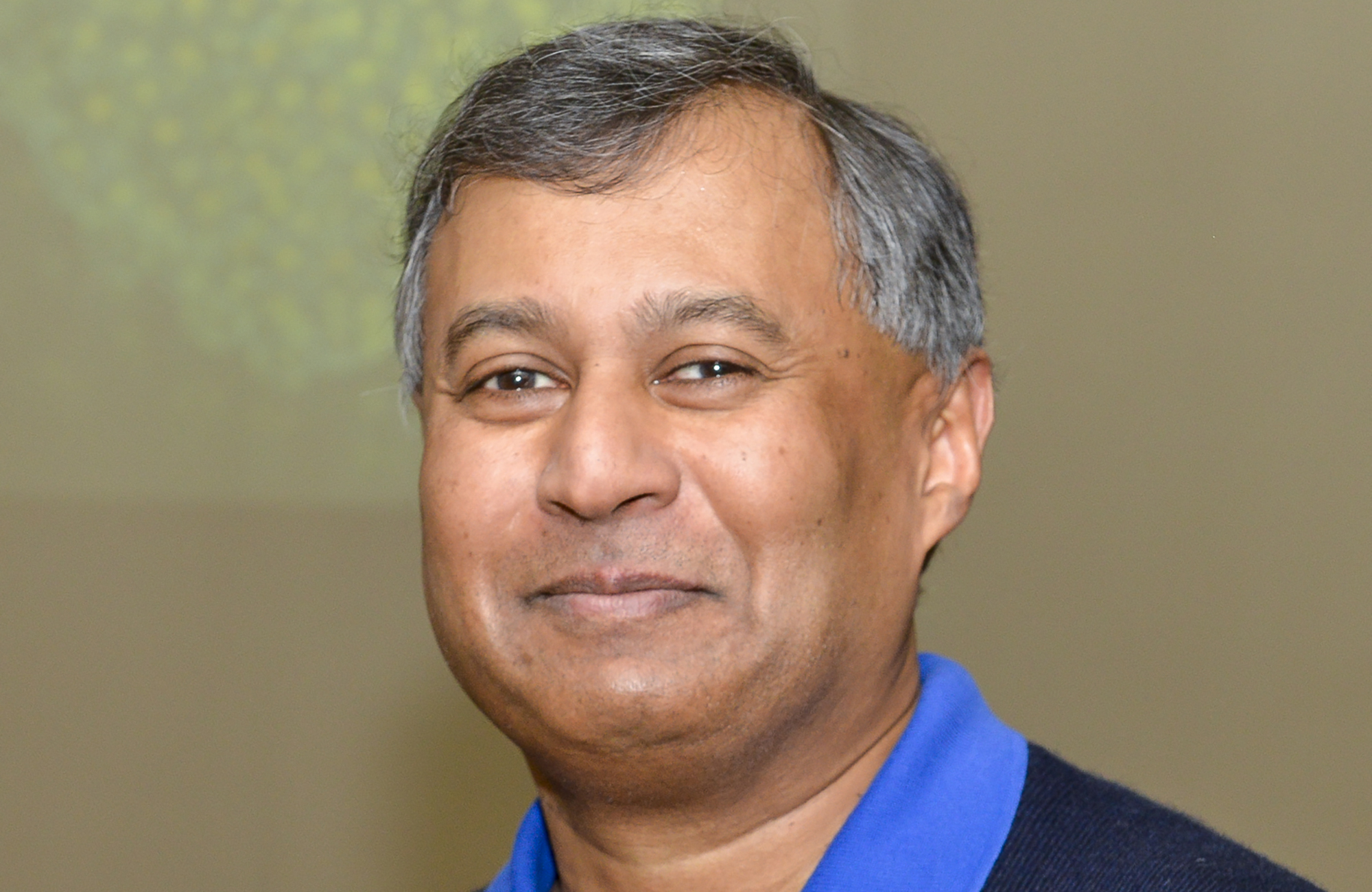Jeremy Gunawardena (Trinity 1977), Harvard Medical School – “Learning and cognition in single biological cells” (2 June 2022)
All Trinity members – Fellows, Past Fellows, students, alumni very welcome
On Thursday 2 June 2022 at 9pm (Tokyo time), 1pm (London/Cambridge/UK time), 8am (EDT/US East Coast/Boston MA), 5am (US West Coast) Jeremy Gunawardena, Associate Professor of Systems Biology at Harvard Medical School, and former Trinity Research Fellow, has very kindly agreed to join us for a video presentation and discussions on “Learning and cognition in single biological cells”.
Prior registration required until Wednesday 1 June 2022, please register using the feedback form at the bottom of this page. All Trinity members, Fellows, students, alumni are very welcome – if you join Trinity in Japan for the first time, please briefly introduce yourself and your connection to Trinity. There is no fee.
Anonymous registrations are not accepted.
We will upload the recording to the Trinity in Japan Youtube Channel – by participating you agree to the upload of the recording to websites and social media:
https://www.youtube.com/trinityjapan?sub_confirmation=1
The meeting will be on ZOOM on Thursday 2 June 2022 as follows (we will have no in-person meeting this time):
- 9pm (Tokyo time)- event starts (1pm (London/Cambridge/UK time), 8am (EDT/US East Coast/Boston MA), 5am US West Coast)
- 9:15pm – 10:15pm Jeremy Gunawardena – “Learning and cognition in single biological cells”
- 10:15pm – follow-on discussions
If you have questions for the discussion with Professor Jeremy Gunawardena, the best will be if you could send me questions before hand by email, so I can moderate the discussion, or during the zoom discussion in the chat box.
Abstract “Learning and cognition in single biological cells”
The question of whether single biological cells can learn – and what it means to “learn” – has been the subject of controversy for over a century. The consensus remains that individual cells are not capable of complex forms of learning, such as Pavlovian conditioning. I will suggest that it is time to reconsider this question in the light of progress in cognitive science, which offers a definition of learning in terms of information processing that is applicable not just to organisms with nervous systems but also to machines and even to individual cells. From this perspective, cells may be seen as agents that construct internal representations of their external environments to achieve their goals. Reconsidering the fundamental units of life in this way may have profound consequences for how we think about living organisms.
related publication:
J. Gunawardena, “Learning Outside the Brain: Integrating Cognitive Science and Systems Biology,” in Proceedings of the IEEE, doi: 10.1109/JPROC.2022.3162791
https://ieeexplore.ieee.org/document/9764721
Abstract: Learning is commonplace in organisms such as ourselves and even in organisms as far distant as the bee and the octopus. Such learning is implemented by brains, or neuronal networks, and has been extensively studied within ethology, psychology, cognitive science, and neuroscience. Whether learning also takes place in nonneuronal settings has remained a matter of sustained controversy, too often dominated by ideological views. In this survey, I will explain how learning can be rigorously interpreted as a form of information processing and then explore the evidence for whether learning also takes place in organismal contexts outside the brain, such as physiology, development, and individual cells. I will try to explain why it is important to build bridges in this way between cognitive science and systems biology, why concepts and methods from various branches of engineering may be helpful in this task, and what the eventual impact may be on how we think about the organism.
https://ieeexplore.ieee.org/stamp/stamp.jsp?tp=&arnumber=9764721&isnumber=4357935
Professor Jeremy Gunawardena (Trinity 1977)
Jeremy Gunawardena (Trinity 1977) is Associate Professor of Systems Biology in the Department of Systems Biology at Harvard Medical School. He is a pure mathematician by training. He undertook his PhD with Frank Adams at Trinity College, Cambridge where he was elected to a research fellowship. He spent several years in industry at Hewlett-Packard Research Labs and founded the company’s basic research programme in Europe. He returned to academic life at Harvard, where his research group studies cellular information processing using a combination of theoretical, computational and experimental methods.
Jeremy Gunawardena did Part III Maths at Trinity, followed by his PhD and was elected to Trinity Research Fellow in 1981, which he deferred for two years to work as Dickson Instructor at Chicago University, returning to Trinity 1983-1987 as Trinity Research Fellow.
https://sysbio.med.harvard.edu/jeremy-gunawardena
https://connects.catalyst.harvard.edu/Profiles/display/Person/19356
Harvard Virtual Cell Program: https://vcp.med.harvard.edu/people.html
http://www.jeremy-gunawardena.com
https://en.wikipedia.org/wiki/Jeremy_Gunawardena
Registration and enquiries:
All Trinity members, Fellows and students globally are very welcome to pre-register, and I will send a registration link if there are still places available.
Copyright (c) 2022 Trinity in Japan Society All Rights Reserved

Leave a Reply